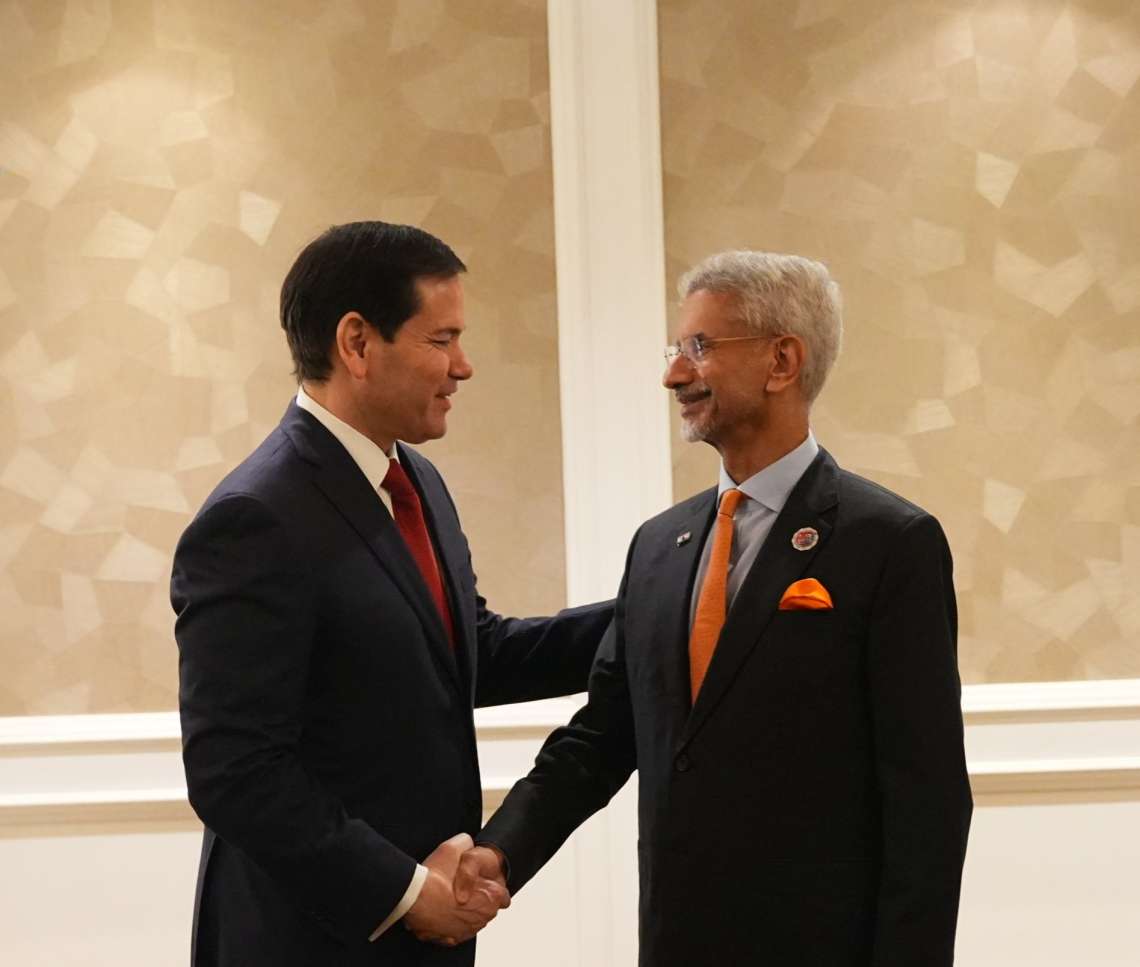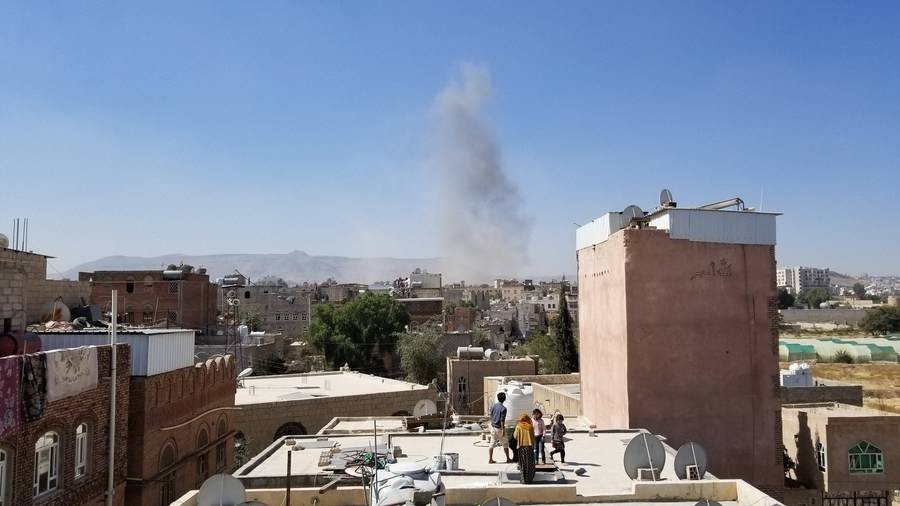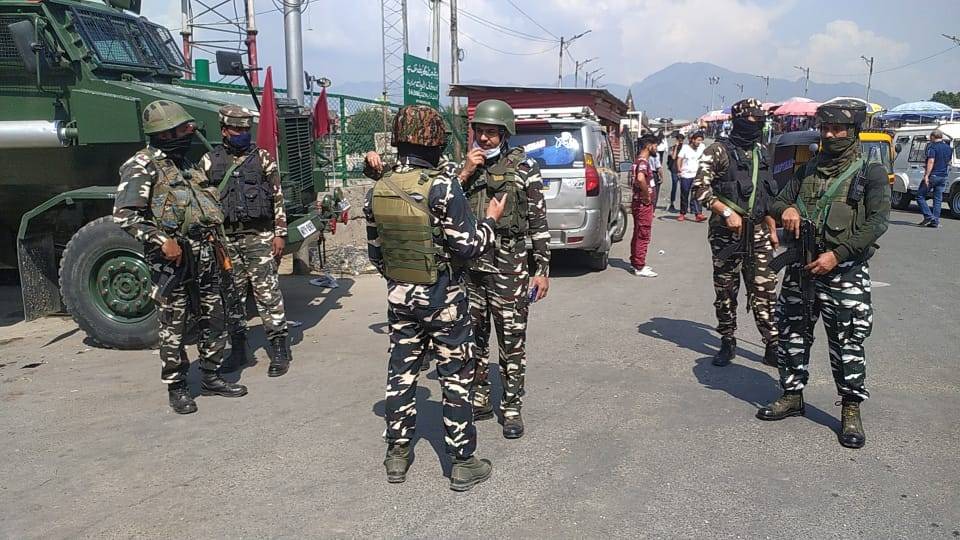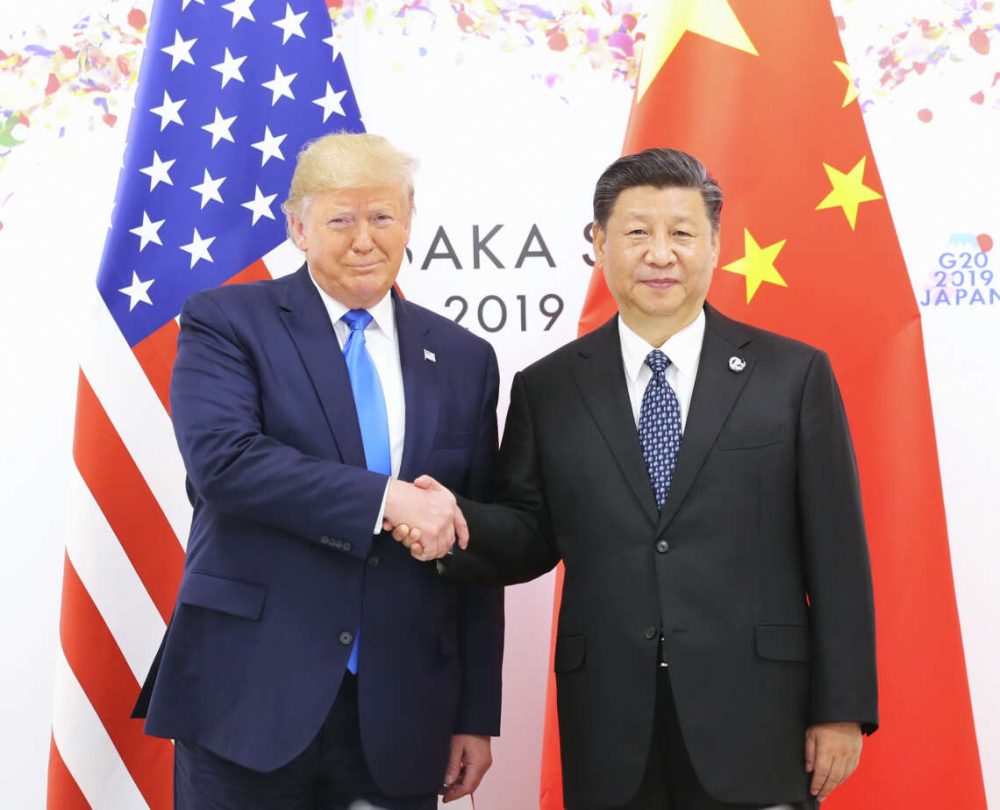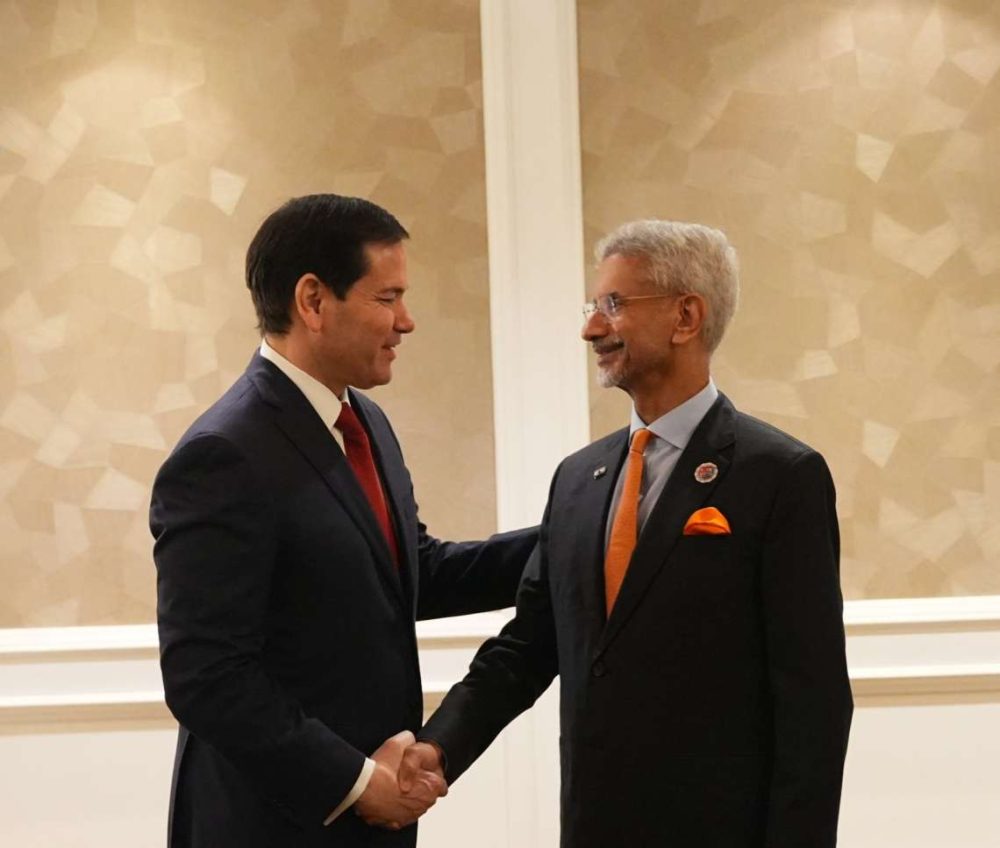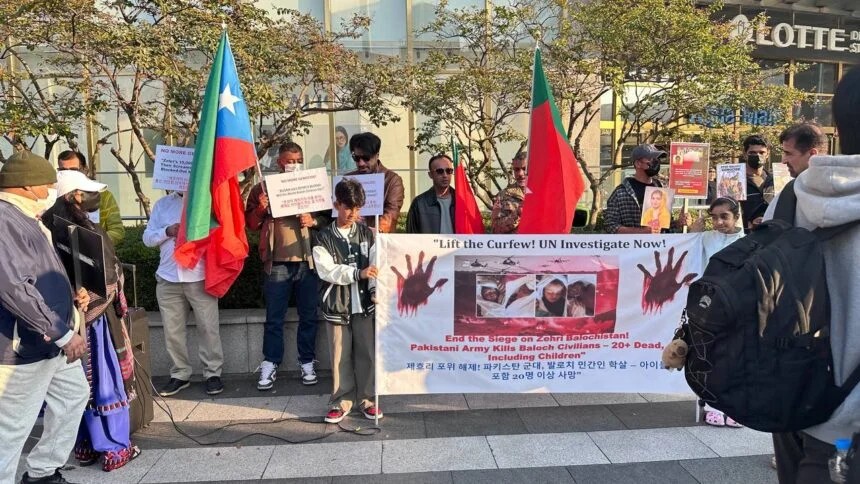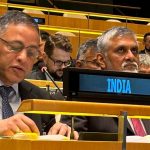On December 3, the Pakistani Air Force pre-emptively bombed nine Indian air bases. The same night in a broadcast to the nation, Indira Gandhi indicated India needed to act against a “war forced on us”. ..writes Ashis Ray
There were essentially three reasons why Prime Minister Indira Gandhi waited nine months, despite millions of refugees from East Pakistan pouring into India (12 million ultimately), before unleashing the country’s armed forces to liberate the territory and give birth to Bangladesh. The Pakistani military’s brutal crackdown on the majority Bengali population in this wing of their country, codenamed ‘Operation Searchlight’, began on March 25, 1971. But the Indian Army and Air Force did not accelerate action until December 4.
The reasons were, firstly, the Indian Army needed time to reach a state of perfect readiness for a watertight assault. Secondly, in the event hostilities dragged, there was a need to avoid the monsoon, so as not to get bogged down in East Pakistan’s low lying, river-infested terrain. Lastly, it was necessary to launch a diplomatic offensive to get international opinion onside.
In that Cold War era, the US and the erstwhile Soviet Union were the superpowers. The former had been lukewarm when Pakistan attacked India in 1965. In contrast, during the same war, Moscow had warned China, a close ally of Pakistan, that if it interfered in the conflict, the Soviet Union would move against it.
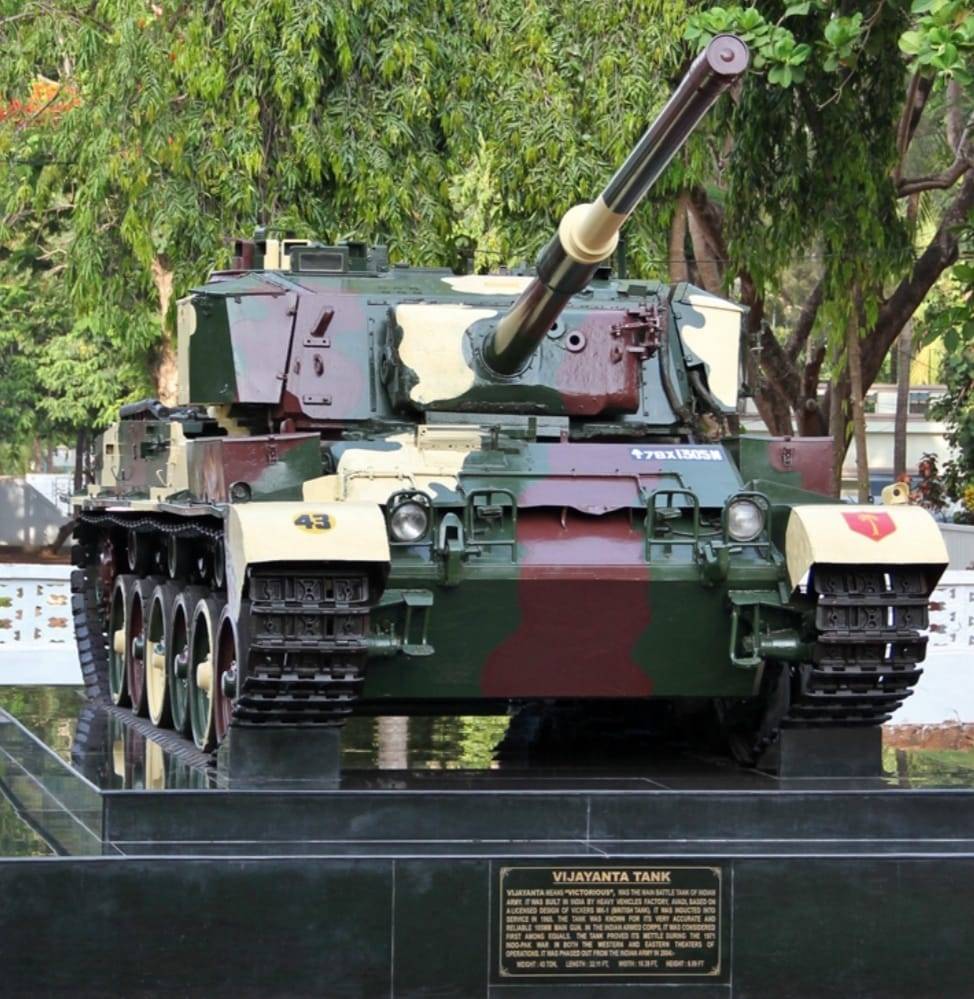
So, Indira Gandhi embarked on consolidating ties with the Soviet Union. This crystallised on August 9, 1971 in a ‘Treaty of Peace, Friendship and Cooperation’ between the two governments, signed by then Indian External Affairs Minister Swaran Singh and his Soviet counterpart Andrei Gromyko.
Article VIII in the Agreement said the two Parties “shall not enter into or participate in any military alliance directed against the other Party”. Article IX stated: “In the event of either Party being subjected to or a threat thereof’, the parties “shall immediately enter into mutual consultations in order to remove such threat and to take appropriate effective measures to ensure peace and the security of their countries”.
What was unwritten, but understood was that Moscow would veto any move to censure India at the UN Security Council. When Indira Gandhi met the then Soviet President Leonid Brezhnev and Premier Alexei Kosygin in September, she was assured of the Soviet Union’s military aid should India be compelled to go to war.
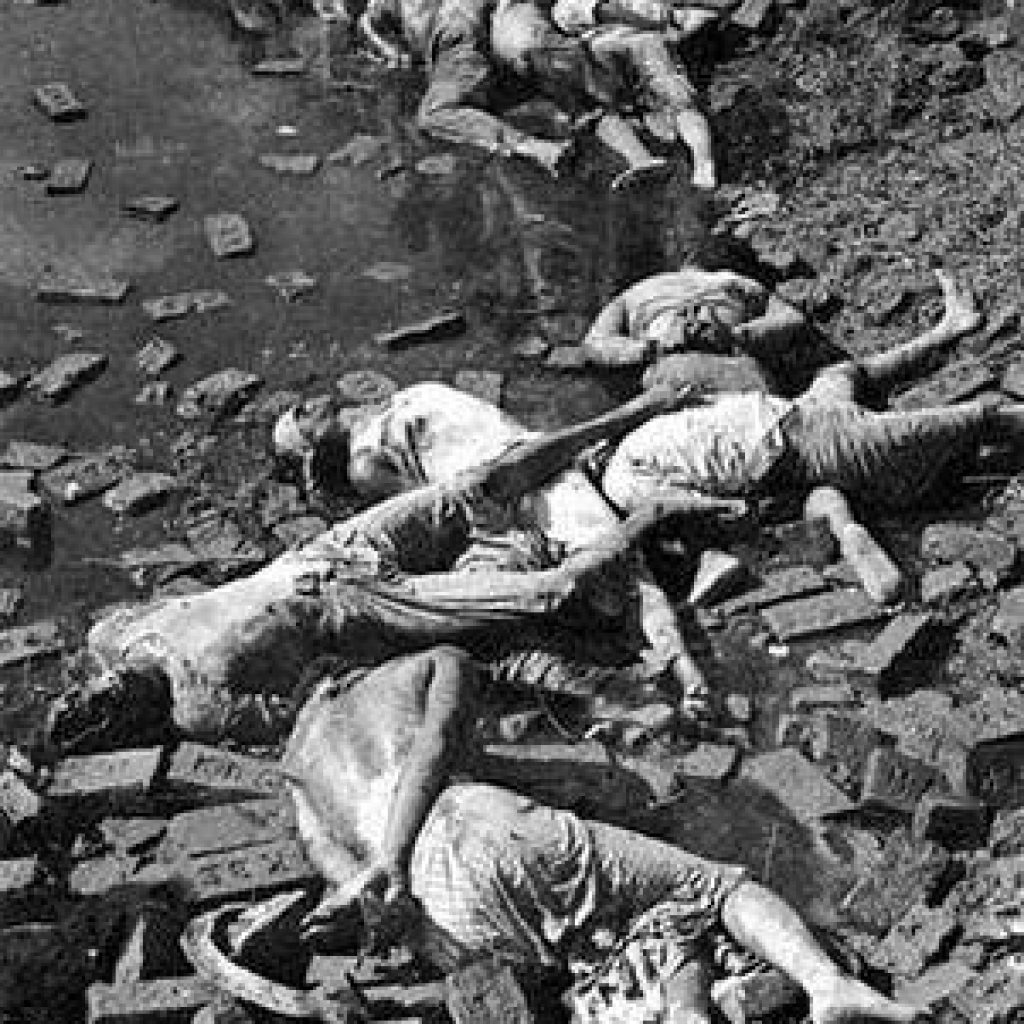
Armed with the pact, she travelled westward in October-November. She adopted classical tactics of appealing over the heads of British Prime Minister Edward Heath and US President Richard Nixon directly to the people of these countries so as to build public opinion in these counties in India’s favour.
The BBC reported that she told Heath, Nixon’s friendly overtures to the Chinese, and their closeness to Pakistan, had made it necessary for India to sign a treaty with the Soviet Union.
She, then, expressed anguish in a television interview by saying: “What we get outside (meaning the West) is to equate us (India) with a government which had killed more than a million people, which has created conditions of barbarity which the world has seldom seen.”
Before departing Delhi, she told The New York Times in an hour-long exchange: “The (Pakistani) military regime has let loose a war on its own people, and there is no knowing what it will do next.” She cited “threatening statements from Pakistan which we (India) feel cannot be entirely ignored”.
Nixon was unsympathetic to her argument that “the problem (of millions of people fleeing to India after facing persecution by the Pakistani military in East Pakistan) is an international one”. Thereafter, in a public speech in Washington she stressed: “I have come here looking for a deeper understanding of the situation in our part of the world.”
A Gallup poll in the US voted her the most admired person in the world.
On December 3, the Pakistani Air Force pre-emptively bombed nine Indian air bases. The same night in a broadcast to the nation, Indira Gandhi indicated India needed to act against a “war forced on us”.

The next morning, she informed Parliament: “We repeatedly drew the attention of the world to this annihilation of a whole people, to this menace to our security. Everywhere the people showed sympathy and understanding for the economic and other burdens and danger to India. But governments seemed morally and politically paralysed.”
That night, December 4, 1971, timed to take advantage of a full moon, the Indian Army surged, pincer-like into East Pakistan. At 5 p.m. on December 16, General Sam Manekshaw, Chief of Army Staff of the Indian Army, rang Indira Gandhi to convey that Indian forces guided by the Bangladeshi Mukti Bahini had liberated Dhaka and Pakistani troops (93,000 of them, officers and men) had unconditionally surrendered.
Nixon had despatched the US 7th Fleet into the Bay of Bengal in an attempt to unnerve India. But this is where the Indo-Soviet Treaty kicked in. A Soviet fleet tailed the American navy into the Bay to checkmate the US.
The liberation of Bangladesh half a century ago this month remains by a considerable distance India’s greatest diplomatic and military triumph.



